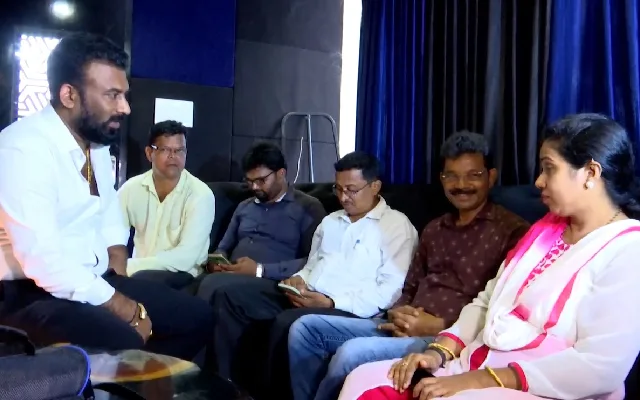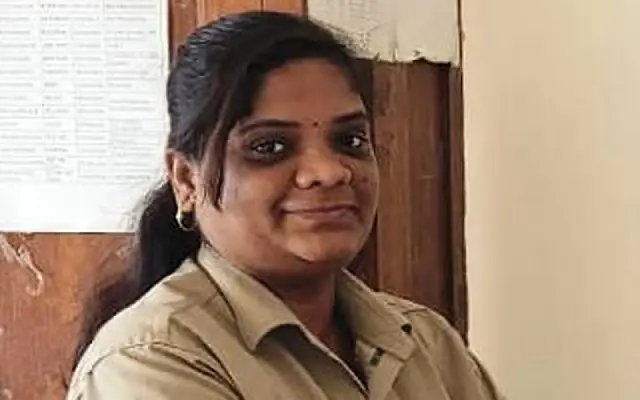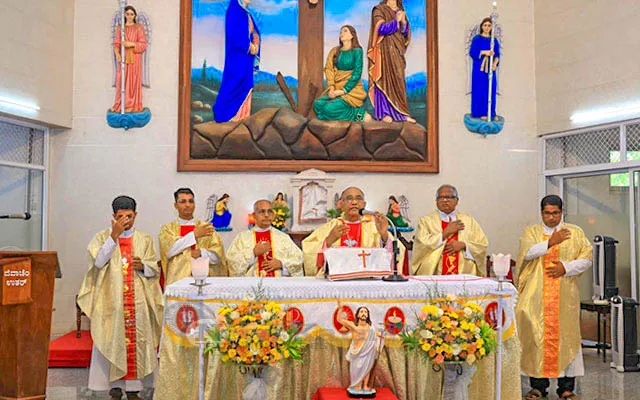New Delhi: On December 25, 2014, Airtel, the country’s largest mobile operator with over 200 million active subscribers, dropped a bombshell: it wanted to charge customers extra for using services like Skype, Viber and Google Hangouts even though they had already paid for Internet access. If customers wanted to use a service that used Internet data to make voice calls – something known as VoIP – they would need to subscribe to an additional VoIP pack, the company said.

Airtel was double-dipping and customers were furious. The tweets flew thick and fast. In less than four days, Airtel backtracked on its plans. It would wait, it said, for a consultation paper about net neutrality that the Telecom Regulatory Authority of India (TRAI) would publish soon.
Net neutrality sounds like a scary term but what it means is simply this: on the Internet, all bits are equal. What you do with the data you pay for – watch a YouTube video, send a WhatsApp message or make a Skype call – is entirely your prerogative and in an ideal world, your Internet service provider should not prioritise certain kinds of bits over others. A neutral Internet is a utility like electricity – if your power company, for instance, doesn’t have a say in how you use the electricity it provides, why should an Internet service provider get to decide what you do with the bits you pay for?
“The Internet is built on principles of openness and freedom, and at the core of this is nondiscrimination at an ISP level,” says Nikhil Pahwa, editor of Medianama and a vocal advocate for net neutrality.
Right now, thanks to the rise of apps like WhatsApp, which eat into operators’ SMS revenues, and video-streaming services like YouTube and Netflix, which consume massive amounts of bandwidth, these principles of openness and freedom are being challenged around the world. In the United States, for example, video-streaming service Netflix was forced to pay Comcast, the country’s largest Internet service provider, to retain its access to consumers or risk being throttled. The US Federal Communications Commission (FCC) only recently voted to regulate broadband as a public utility – no splitting the Internet into fast and slow lanes as operators had wanted. The FCC was promptly sued by the United States Telecom Association, a trade group that represents some of the country’s largest Internet providers.
Back home, the TRAI, too, has been busy. This week, it released a consultation paper – a mind-numbing 118-page document – and 20 questions that it wants you (yes, you!) to answer about why you think you deserve (or don’t deserve) an open Internet.
“The TRAI consultation leans significantly towards finding some middle ground between what the telecom industry wants and the Internet that we’ve all grown up with,” says Pahwa, who, along with 70 other enthusiasts, crunched it down to a concise 23 pages that you can actually understand (you can access the abridged version on Medianama’s website). “In my opinion, any compromise on the principles of net neutrality or on any attempt to license online companies is unacceptable.”
Indeed, the paper begins by classifying everything on the Internet as we know it – Skype, Viber, WhatsApp, Snapchat, Instagram, Hike, Amazon, Flipkart, Ola, Facebook Messenger, BlackBerry Messenger, iMessage, online games, music streaming services like Pandora and more – as OTT, telecom industry jargon for “over-the-top” services.
“It’s ridiculous,” says Pahwa. “All these services are the whole reason why we pay these service providers for Internet access in the first place.”
So how will having a non-neutral Internet affect you? For starters, you can say goodbye to paying a flat fee for using a certain amount of data each month and accessing whatever you want. Your Internet will be sliced up into “packs” – `50 extra for a YouTube pack, for instance, `30 for a WhatsApp pack, `20 to access Google search, and on and on it goes. Your operator might also decide to charge a service like YouTube if it wishes to reach you. If YouTube – or any other service – doesn’t pay up, it risks being slowed down. Operators can also use this tactic to strategically push their own services over the competition. Airtel, for example, owns a music-streaming app called Wynk, which it might provide full access to its own network while throttling competitors like Gaana or Saavn.
Also read: New Internet rules set up industry’s next battle
It’s important to remember that it’s not just telecom companies that are interested in a non-neutral Internet in India. According to the TRAI consultation paper, 83 percent of India’s Internet users access the Internet from their mobile phones. This massive audience is crucial for multi-billion dollar corporations like Twitter, Facebook and Google. In February, Reliance Communications and Facebook partnered to launch Internet.org in India, a service whose ostentatious aim was to bring the Internet to the next billion people. In reality, Internet.org grossly violated net neutrality by offering free access to a handpicked list of websites and social networks for free, while making users pay for others; Google bundled free data with its Android One phones; and WhatsApp tied up with multiple providers across the country to provide “WhatsApp Packs.”
But if things are bad for consumers, they’re worse for businesses and startups that rely on an open Internet to reach customers. “If I’m building an app, I need to know that a new feature, which I may not have thought of today, can be added later without me having to first negotiate a deal with an operator,” says Rohin Dharmakumar, an entrepreneur who is in the process of launching Owntastic, a Bangalore-based startup that focuses on after-sales experience once a consumer buys a product. “I’m very worried.”
Dharmakumar adds that regulating the Internet in this manner will ensure that India’s booming startup culture is nipped in the bud. “Startups will die.”
Right now, businesses and companies are free to operate whatever services they want over the Internet. “Features become full businesses,” says Pahwa. “That freedom will get constrained by this approach to maximise revenues by restricting. Telecom operators should be seeking to maximise revenues by making us use more of the Internet. They’re slicing the pie instead of growing the pie.”
















